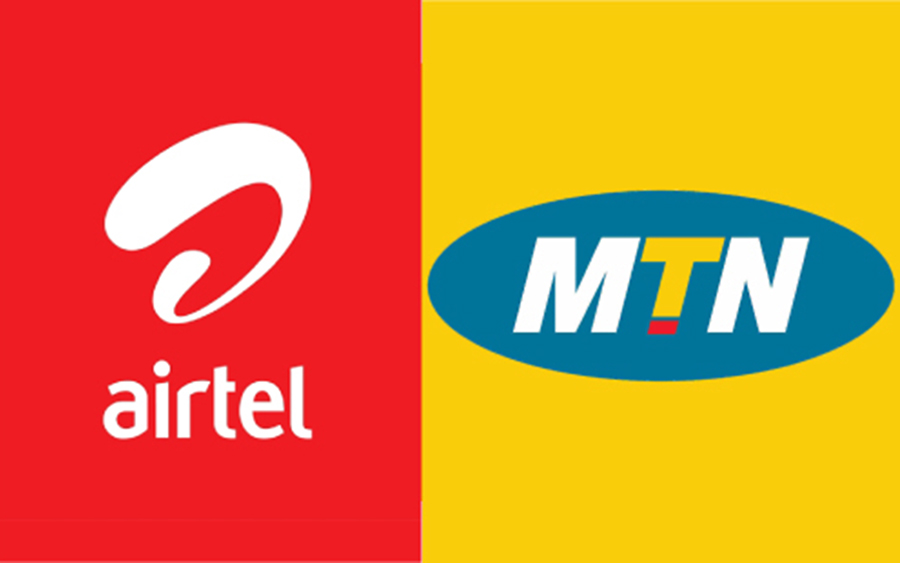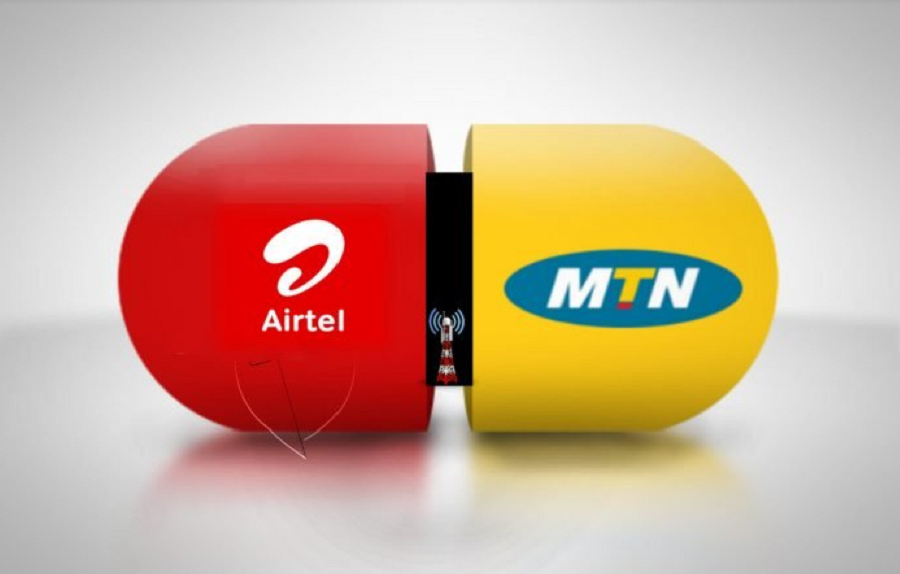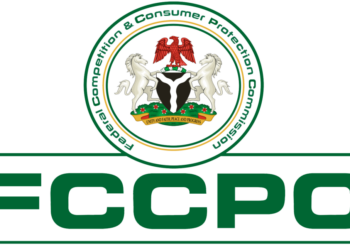Nigeria’s leading telecommunications companies MTN Nigeria and Airtel Africa have received an “Approval in Principle” (AIP) from the Central Bank of Nigeria to operate as Payment Service Banks.
Payment Service Banks are banks that take deposits from people and small businesses, provide payment and remittance services within Nigeria, issue debit and prepaid cards, run electronic wallets, and engage in other CBN-approved operations. To lawfully engage in these operations, a PSB License from CBN is required, which these Telcos have now obtained.
This news was received with mixed feelings from fintech stakeholders and the general public as they assume that there will be tighter competition between telcos and traditional banks.
What you should know
The main goal of Payment Service Banks is to increase financial inclusion by providing small businesses, low-income households, and other financially excluded entities with access to deposit products and payment/remittance services through high-volume low-value transactions in a secure technology-driven environment.
The approval in principle (AIP) process is only the first step in becoming a PSB. The promoters of a proposed bank must apply to the CBN for a final license no later than six (6) months after receiving the A.I.P.
Analysts at the Nairametrics onTheMoney series hosted on Clubhouse on Saturday, November 6, 2021, looked at the telco companies’ foray into the banking industry and agreed that the licenses will assist the CBN to accomplish its aim of financial inclusion.
Edward Okonkwo Co-Founder of Nairametrics said that “The banks have nothing to worry about because the way the PSB is structured is like the midwife situation since the PSBs would be subordinate to the commercial banks.”
He also stated that the banks shouldn’t be concerned about sharing revenue because the funds would still be with the bank.
“Banks should start thinking about how to create more loans and use the lower-cost infrastructure to distribute the loans. With new initiatives on the way such as the credit agency, fintech AI or credit profiling services, it means there are a lot of opportunities appearing in the space and enough revenue for everyone to share.
“Yes, the bank may lose some of their traditional banking revenue like the N26 for moving money around, but let the bank grant more loans and make money from loans because the PSB is not going to compete with the banks in that space. I see it as a win-win,” he explained.
Further, he stated that the arrangement was a win for the commercial banks because they can spend less time creating inroads in remote areas, leaving MTN and Airtel to cover those while they focus on granting loans. According to him, it is a win for consumers as most customers just use the money for transactional purposes and this would reduce the transaction cost. It is also a win for the sector as the CBN would be able to achieve its financial inclusion objectives having lowered acquisition costs without putting a lot of pressure on the banks.
Collaboration with the commercial bank
At the Clubhouse event, a senior analyst who preferred not to be quoted also stated, “What this means for the sector is increased competition and increased competition means that service delivery and costing for end-users is supposed to get better.
“I don’t think the banks should be worried because eventually, depending on how things play out, there is always going to be an advantage for them to integrate.
“MTN and Airtel can act as aggregators for the bank’s services. The license that MTN and airtel has is a PSB license and under the licence, they can’t grant loans directly,” she said.
She also explained that in places like Kenya, Safaricom loan service is in collaboration with two of their banks. Hence, both banks have been able to grow their loan books, especially to retail consumers through the loan facility of Safaricom.
“We can see the same thing happen in Nigeria where the telecom firms partner with the commercial banks. So it might not translate to bad news from the banks but it’s still too early to say.
“The PSB license doesn’t allow the telcos to give loans from deposits but they can collaborate and act as a channel. It also depends on what the CBN allows in terms of collaboration,” he added.
Speaking on the fate of fintechs in the light of the recent development with the telcos, she opined that the fintechs may face intense competition, resulting in lower transaction costs for customers. Due to the heightened competition, she also encouraged banks to concentrate on loans and be more creative with their revenue generation.
What can Payment Service Banks can do
According to the CBN, the Payment Service Banks can carry out the following:
- Accept deposits from individuals and small businesses, which shall be covered by the deposit insurance scheme.
- Carry out payments and remittances (including inbound cross-border personal remittances) services through various channels within Nigeria.
- Sale of foreign currencies realized from inbound cross-border personal remittances to authorized foreign exchange dealers.
- Issue debit and pre-paid cards in its name.
- Operate electronic wallets.
- Render financial advisory services.
- Invest in FGN and CBN securities.
- Carry out such other activities as may be prescribed by the CBN from time to time.
What Payment Service Banks cannot do
Payment Service Banks (PSBs) shall not carry out the following activities:
- PSBs would not be able to grant any form of loans, advances, and guarantees (directly or indirectly).
- PSBs would not accept foreign currency deposits.
- They are not allowed to trade in foreign exchange except for remittances.
- Insurance underwriting would not be possible for PSBs.
- PSB would not accept any closed scheme electronic value (e.g. airtime) as a form deposit or payment.



















